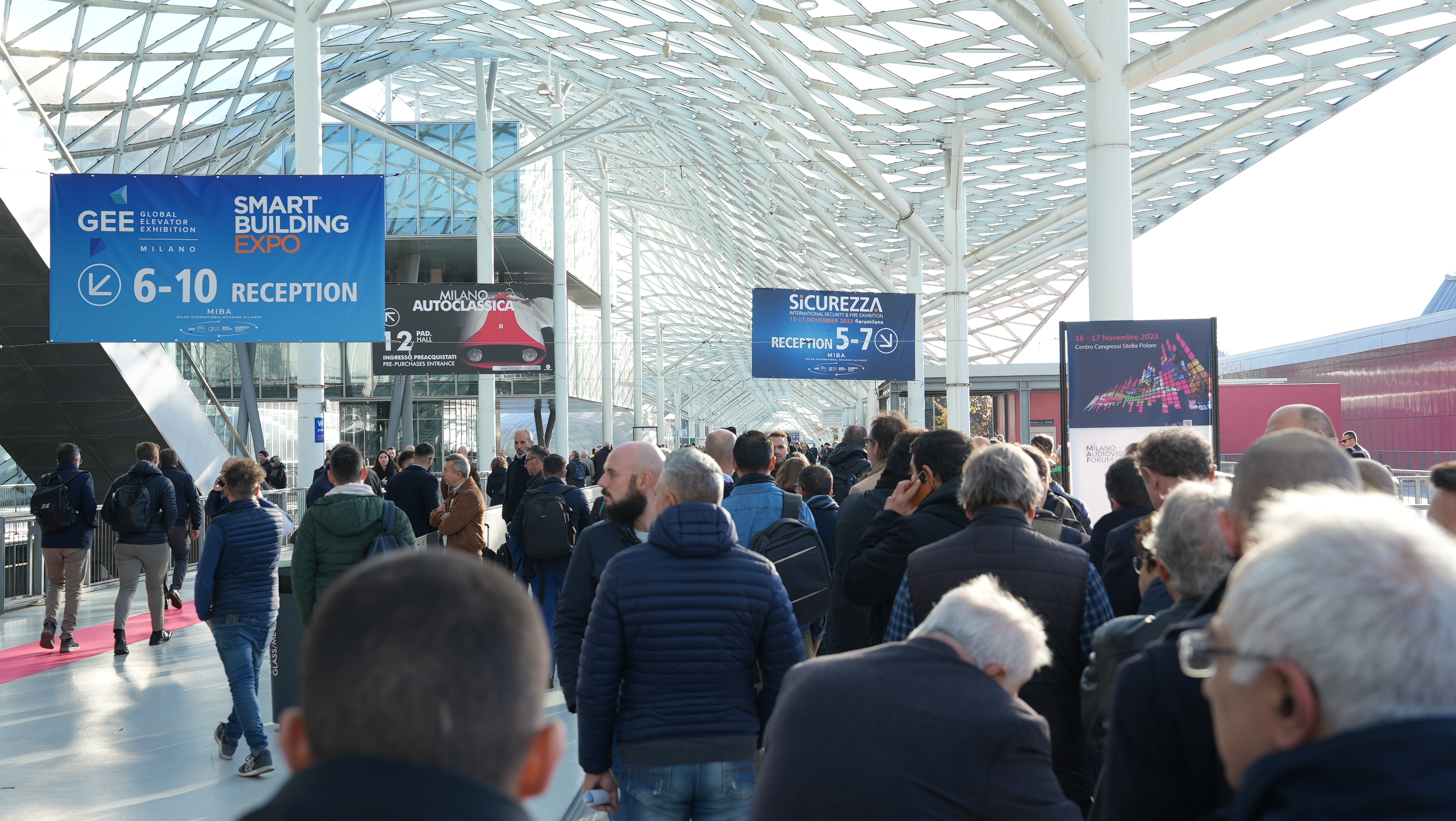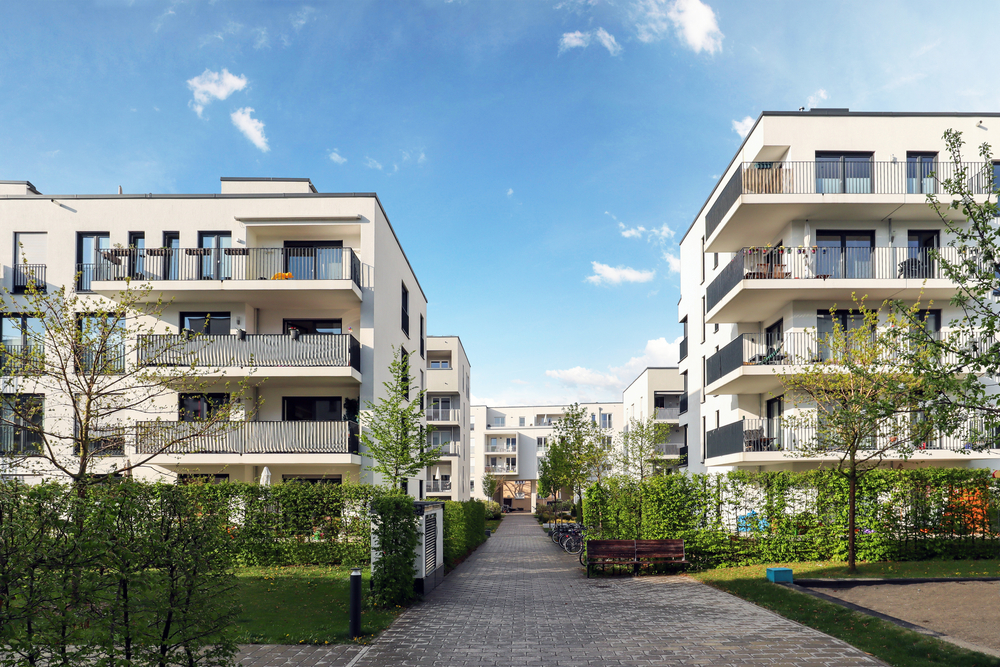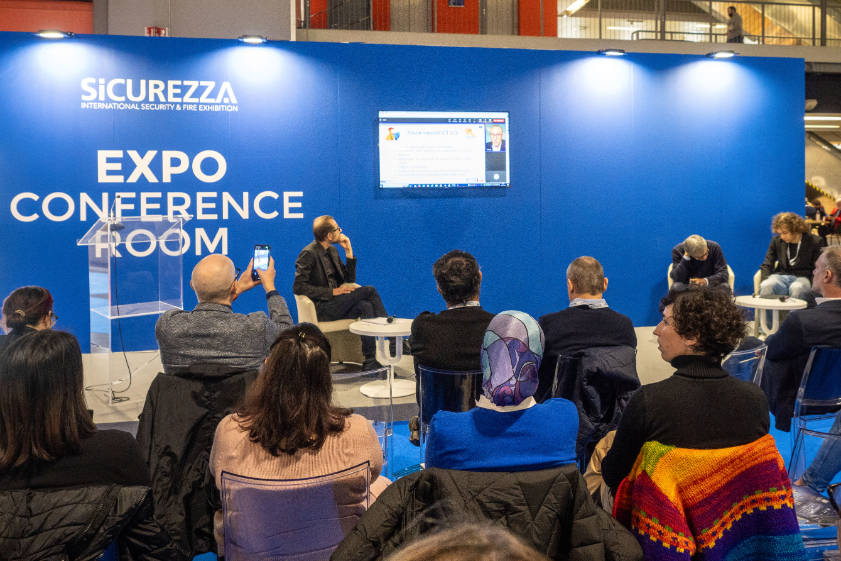President De Astis, as an Association, and thanks to discussion among your members, you have a privileged view of the market. In your opinion, which technologies can be harnessed to give the sector a push at this particular moment in time?
I must start by saying that we are facing an extremely unstable situation, which requires different responses depending on the market segment, geographical context and type of manufacturers to which we are referring.
Certain technologies have definitely proved to be winners lately. I’m thinking about thermal cameras, conceived as CCTV solutions and quickly converted into systems to check temperature, but also temperature measurement solutions integrated with access control or people counting functions. At a global level, these are technologies that have opened up great opportunities, both for the producers and system integrators, who have developed application solutions and integrations in a very short space of time. We need to be careful that all this isn’t just a flash in the pan. The use of certain security technologies with a safety function can definitely represent an opportunity, but while it’s true that demand is very high right now, there is still some confusion unfortunately, particularly regarding technical requisites and the reliability of manufacturers. I give you an example of a case I recently followed in the US, relating to products imported as medical equipment. It was a significant order, but the products were then refused by the client because it appeared they didn't conform with legal requirements. Right now it is difficult to know who to trust. Among trade sector experts it is brand reliability that counts, but when those buying come from outside our world misunderstandings can ensue, in that some unknown manufacturers have appeared on the market, taking advantage of the high demand but without having any real competence. Lastly, while it’s true that there is a useful opportunity for our integrators, if the technologies relating to thermal cameras are not produced in Italy, but they are adapted here, then we need to consider the evolution of the offer. Those who enthusiastically bought expensive thermal cameras to stock their warehouses now find themselves in difficulty. In just a few weeks, the technological offer has multiplied, we’ve seen an unexpected move from complex solutions to portable video cameras, and there has also been a drastic reduction in costs. Essentially, the risk is that we see a boomerang effect similar to what we saw with face masks.
Ignoring individual technologies for a minute, are there opportunities that you think it is important for those working in the security world to seize?
Absolutely. The first big opportunity results from the leap the country has taken in terms of digitalisation. Each of us, at both a personal and professional level, has had the chance to familiarise ourselves with on-line platforms and virtual tools in recent months. This is an extremely positive element, because it means there is less of a barrier when it comes to the dissemination of integrated systems. Even at residential level, all the systems are now on a digital platform, an element that represents added value, but one that in recent years has often made the final user reticent, nervous about a solution that is ‘too technological’. A reticence that can now be overcome thanks to greater familiarity with apps and on-line management.
Another advantage derives from a new perception of risk. We have seen the importance of prevention at a hygiene level, but perhaps, if supported by suitable explanations, today users might more easily understand the importance of security as a fundamental tool also for the protection of their assets. It is the residential sector that has slowed more than any other in recent months, and it has still not yet relaunched. This new approach might favour that.
The third opportunity is linked to the cyber world, for which we are not directly responsible but nevertheless experience its growing influence. Getting hacked has been the greatest fear for companies in recent months, as digitalisation requires greater focus on the management and protection of data.
Lastly, this push in terms of connectivity can represent an opportunity in terms of managing the after-sales service: remote access and servicing might become an added value to offer the customer. In summary, the advantage we have in this situation has to do with a technological acceleration that has made technological proposals already developed a few years ago more familiar and real.
What scenarios do you envisage for the various divisions?
It is of course more likely that security requests come from vertical sectors, particularly from those at high risk such as critical infrastructure or the most sensitive businesses. While a lack of liquidity may be a deterrent in terms of the residential and small business sectors, certain key sectors, such as energy for example, cannot avoid doing more to protect themselves right now, also because the level of attention paid to security has risen as a result of this crisis.
We also need to consider geography. At international level, there are countries that never stopped working, like those in the Middle East. The company I work for received some huge orders from that part of the world during the lockdown period. So, exportation needs to remain a priority for our manufacturers. The Italian market is relatively young and niche, and its survival may lie in the ability to identify emerging markets and technologies. Particularly now, with Italy at more of a standstill than some other nations, we need to look overseas. But it’s a slow process, and one that cannot be improvised. It can be dangerous to start out during a period of crisis with no strategy or business expansion plan. This doesn’t change the fact that the current situation should push companies that are not yet structured to start organising themselves, identifying the key markets on which to focus.






